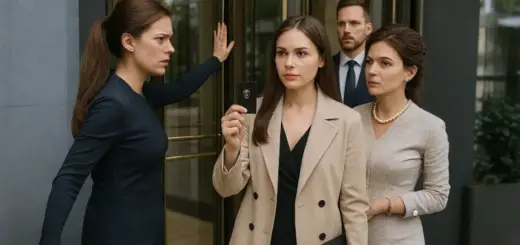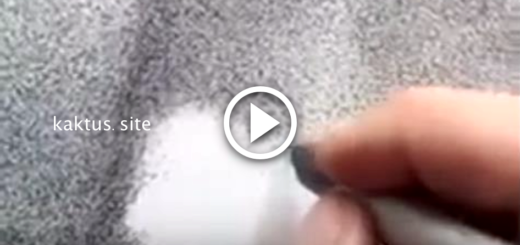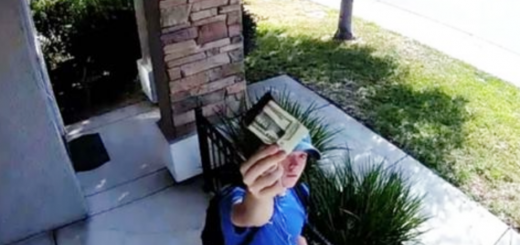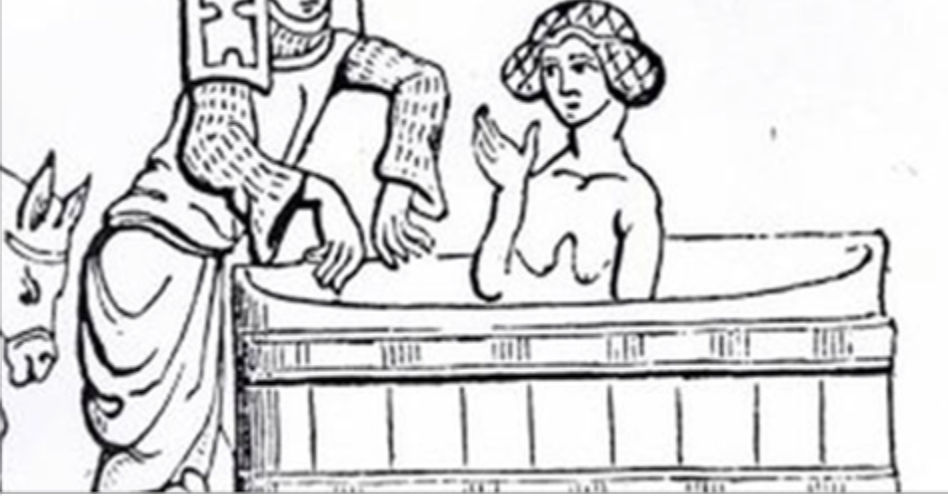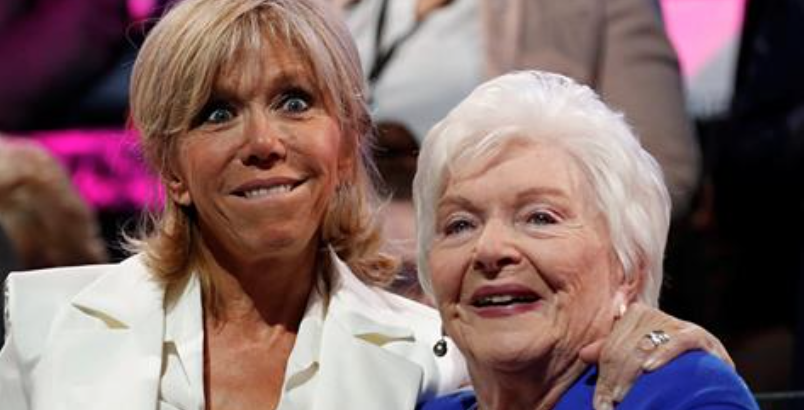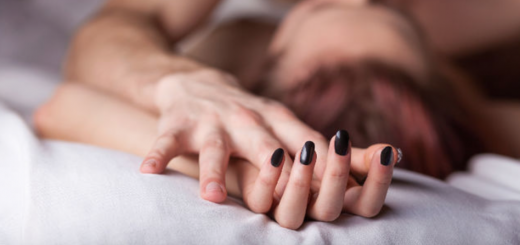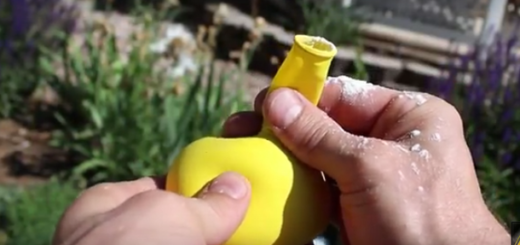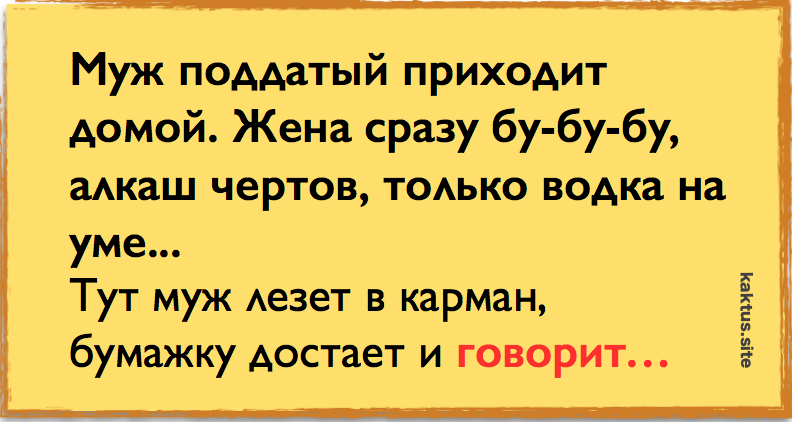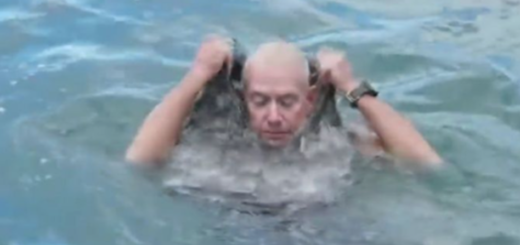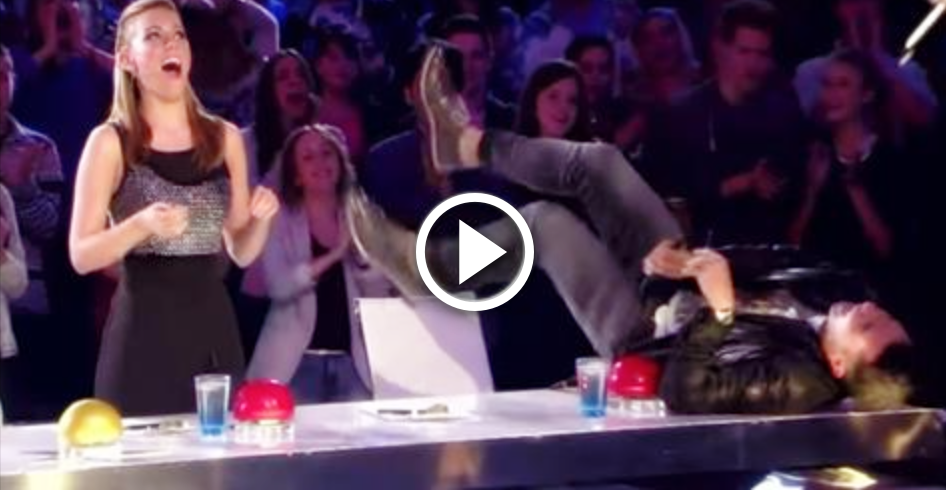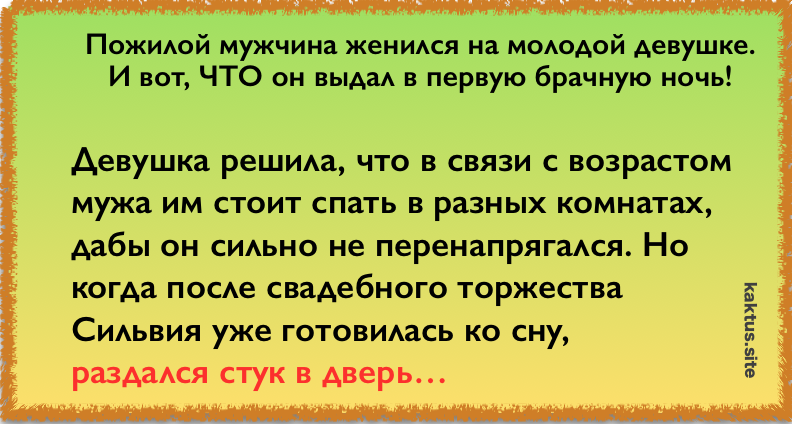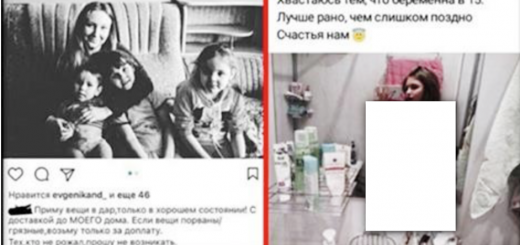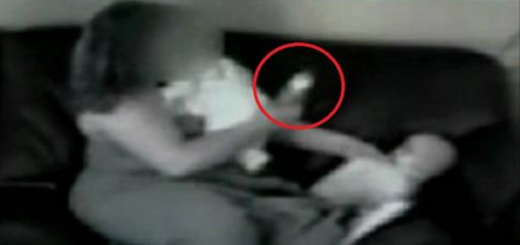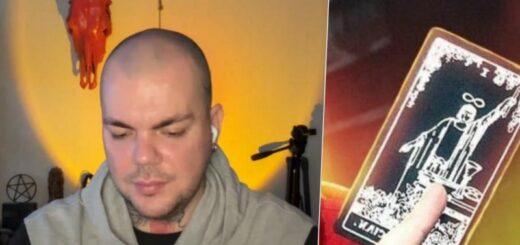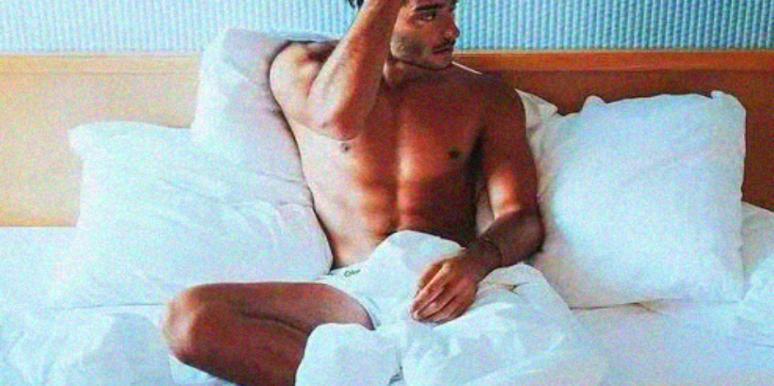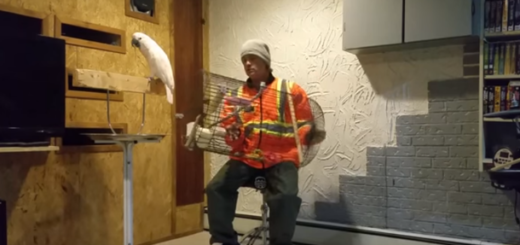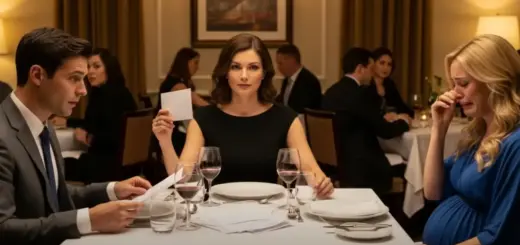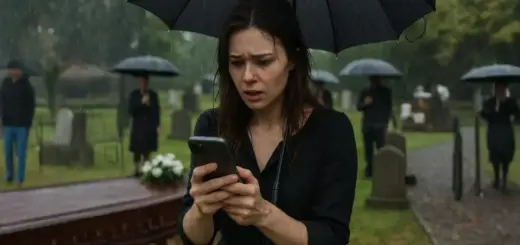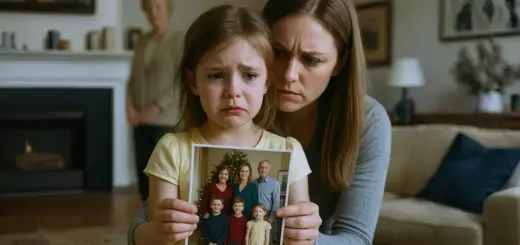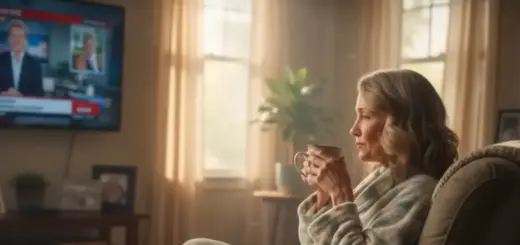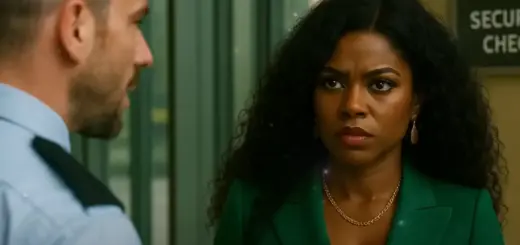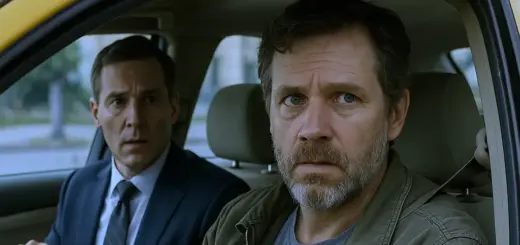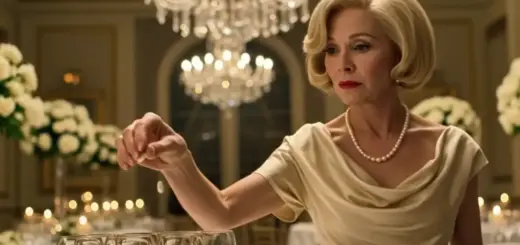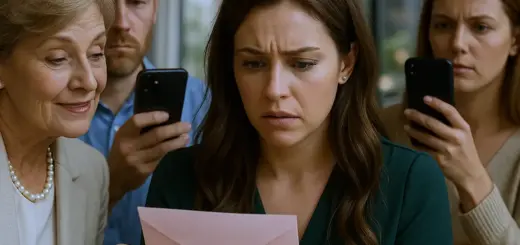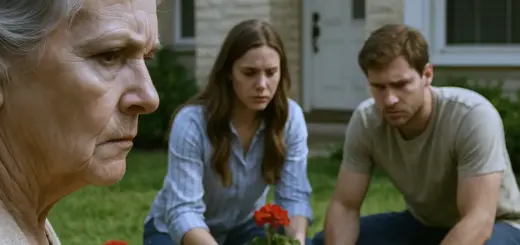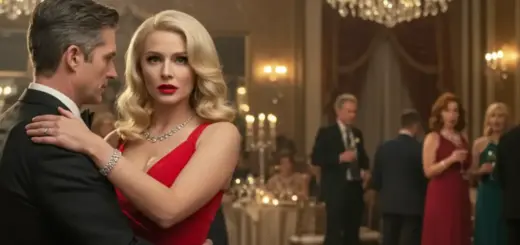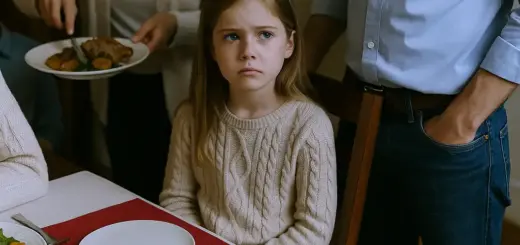«Lori,» Mrs. Henderson said, her expression sympathetic but worried. «I’m going to suggest you take a leave of absence until this blows over.»
«A leave of absence? But I haven’t done anything wrong.»
«I know that. But the media attention is disrupting the school. We’ve had reporters in the parking lot, parents calling with concerns. It’s not fair to you or the students.»
So I was put on paid leave, essentially suspended from the job I loved because my mother-in-law had tried to poison me. The injustice of it made me want to scream.
Meanwhile, Caroline’s lawyer was already working the press. He gave an interview on a local news station. «My client is a devoted mother who has never been in trouble with the law,» Huxley said smoothly. «She has spent her life doing charitable work, supporting her community, raising two wonderful sons. This accusation is based on grainy security footage that could be interpreted in many ways, and the testimony of a young woman who, frankly, may have her own motivations for wanting to damage Mrs. Ashford’s reputation.»
«Are you suggesting the daughter-in-law is lying?» the reporter asked.
«I’m suggesting there are many possible explanations for what happened that night, and my client deserves the presumption of innocence.»
I threw a pillow at the TV. Dylan caught it before it hit the screen. «He’s just doing his job.»
«His job is to make me look like a liar.»
«Lori…»
«No. Your mother tried to poison me. There’s video evidence, there’s toxicology evidence, her own sister confirmed the missing pills. And he’s on TV suggesting I made it all up.»
«I know. It’s not fair. But this is how the legal system works.»
«Then the legal system is broken.»
I knew I was shouting at the wrong person. Dylan wasn’t the enemy, but he was the only target I had access to. He pulled me into his arms, and I cried angry tears into his shoulder.
«We’re going to get through this,» he whispered. «I promise.» But I wasn’t sure I believed him.
The preliminary hearing was set for two weeks later. In the meantime, I had to watch my name get dragged through the mud on social media and gossip sites. «Gold Digger Accuses Rich In-Law to Get Sympathy.» «Teacher Claims Mother-in-Law Tried to Poison Her, But Is She Telling the Truth?» «Inside the Wedding From Hell: He Said, She Said in a Viral Video.»
People I’d never met had strong opinions about whether I was lying. My social media accounts were flooded with messages, some supportive but many accusing me of making it up for attention. I deleted all my accounts. It was the only way to stay sane. My mother came over every day, bringing food and offering support. My father wanted to hire a lawyer to sue Caroline for everything she had. Emma was ready to go on every talk show that would have her to defend me. But I just wanted it to be over.
The only bright spot was that Dylan believed me now, completely. He’d watched the security footage a dozen times, trying to make sense of how his mother could do something like this.
«She always had this thing about control,» he said one night as we lay in bed, unable to sleep. «Growing up, everything had to be perfect: the perfect house, the perfect family, the perfect reputation. Dad’s family had money, and she wanted to fit in with that world so badly. Andrew and I were like accessories to her perfect life.»
«That’s sad,» I said.
«It is. But it doesn’t excuse what she did to you.» He rolled over to look at me in the darkness. «I keep thinking about what would have happened if you hadn’t seen her, if you’d drunk that champagne.»
«I know.»
«You would have been humiliated, possibly hurt. And I would have thought you were drunk or sick or…» His voice broke. «I might have blamed you. I might have thought you’d ruined our wedding on purpose or something.»
«Dylan, don’t.»
«She almost succeeded in destroying us. If you hadn’t switched those glasses, if she’d gotten away with it, I might have believed whatever story she told me—that you were unstable or had a drinking problem or anything. She would have poisoned you and your reputation at the same time.»
The thought made me cold. «But she didn’t succeed,» I said firmly. «I saw her. I switched the glasses. And now everyone knows what she did.»
«Everyone except the people who matter to her,» Dylan said bitterly. «Half her country club friends are standing by her, saying it’s all a misunderstanding, that you must have been mistaken, that Caroline would never…»
«Let them believe what they want. My dad filed for divorce.»
I sat up. «What?»
«This morning. Andrew told me. Dad’s lawyer served her with papers.»
I didn’t know what to feel about that. Robert had always been cold and distant, but I’d assumed he’d stand by his wife.
«Why?»
«Because he finally sees her for what she is. And because he’s humiliated. The Ashford name means everything to him, and she dragged it through the mud. She made them a joke on the internet.»
«So he’s abandoning her.»
«She tried to poison his daughter-in-law. Yeah, he’s abandoning her.»
I lay back down, processing this. «How’s Andrew handling it?»
«Not well. He’s angry at Mom for what she did, but she’s still his mother. And now his parents are getting divorced, his family is falling apart, and he’s starting college in the fall with all of this hanging over him.»
«None of this is his fault.»
«I know. I told him he can stay with us anytime. That we’re still family, no matter what.»
We. Family. Despite everything, we were still married, still together. Caroline had failed.
The preliminary hearing was a formality. The judge reviewed the evidence—the security footage, the toxicology reports, Jennifer’s testimony about the missing pills—and ruled that there was sufficient cause to proceed to trial. Caroline pleaded not guilty. Of course she did. Her lawyer argued that the footage was unclear, that Caroline had been confused about which glass was which, and that she’d been taking the sedative herself for stress and accidentally dropped it in the wrong glass.
The prosecutor, a sharp woman named Amanda Cameron, demolished that argument. «If Mrs. Ashford was taking the sedative for her own stress, why didn’t she have a prescription? Why did she take it from her sister’s bottle? And why, if it was an accident, did she never warn anyone? She had multiple opportunities to say, ‘Oh, I accidentally dropped my medication in that glass.’ But she didn’t. She stayed silent and let her daughter-in-law sit down to drink from it.»
The judge set a trial date for three months away. Three more months of living in limbo. I went back to work, thankful to have something to focus on besides the case. My students were sweet, avoiding the subject, though I caught them whispering sometimes. Their parents were less kind. At parent-teacher conferences, I got looks ranging from pity to suspicion. One mother actually asked me, «So, did it really happen the way they say?»
I wanted to scream. Instead, I smiled tightly and said, «The evidence speaks for itself.»
At home, Dylan and I tried to build some kind of normal life. We never did go on our honeymoon; it felt wrong to go to Italy and pretend everything was fine when it wasn’t. Instead, we stayed in my small apartment, talking late into the night, trying to process everything that had happened.
«Tell me about your childhood,» I said one night. «Tell me if there were signs I should have seen.»
Dylan was quiet for a long time. «There were always signs. I just didn’t recognize them for what they were. Mom was obsessive about perfection. If Andrew or I got less than an A, she’d lose it. Not yelling—she never yelled—but this cold disappointment that was somehow worse. When I was twelve, I came home with a B in math, and she didn’t speak to me for three days.»
«That’s abuse, Dylan.»
«I know that now. Back then, I just thought it was normal. That’s how mothers were.» He sighed. «And she controlled everything: what we wore, what activities we did, who we were friends with. In high school, I wanted to join the theater program, but she said it wasn’t ‘appropriate for an Ashford.’ So I played tennis instead, because that’s what country club kids did.»
«What about your dad?»
«He was never around. Always working or at the club or traveling. Mom ran the household, and he just… let her. I don’t think he paid attention to what she was doing to us.»
«And when you started dating me?»
Dylan smiled sadly. «That was the first time I ever really stood up to her. She made it clear you weren’t what she pictured for me. ‘Too ordinary,’ she said. ‘Too middle class. Not from the right family.'»
«She actually said that?»
«Not in those words, but yeah. She kept introducing me to the daughters of her friends—women from good families with trust funds and society connections. She couldn’t understand why I wanted to be with a public school teacher from a normal family.»
«I’m sorry.»
«Don’t be. You’re the best thing that ever happened to me. And choosing you over her expectations was the first real choice I ever made for myself.» He kissed me then, soft and sweet, and for a moment, I could almost forget about the trial looming over us. But it was always there, a dark cloud we couldn’t escape.
As the trial date approached, I was called to meet with the prosecutor multiple times. Amanda Cameron was thorough, preparing me for every possible angle the defense might take.
«They’re going to try to paint you as vindictive,» she warned. «As someone who had a grudge against Caroline and saw an opportunity to get revenge.»
«But I didn’t. I never did anything to her.»
«I know. But Huxley is good at creating doubt. He’ll point out that you switched the glasses deliberately. He’ll suggest you knew exactly what would happen and wanted to humiliate her.»
«I switched them because I didn’t want to be drugged.»
«Which is completely reasonable. But he’s going to twist it. So when you’re on the stand, stay calm. Answer only what’s asked. Don’t get defensive or emotional, no matter what he says.»
It was good advice, but I didn’t know if I could follow it. The trial began on a cold Monday in November. The courthouse was packed with reporters, curious onlookers, and Caroline’s society friends, all dressed in their expensive clothes, shooting daggers at me with their eyes. I wore a simple navy dress and minimal jewelry. Amanda had advised me to look professional but not flashy. «You’re a teacher, a normal working woman who was victimized by someone with money and power. We want the jury to see that.»
The jury was selected over two days: seven women, five men, ranging from their twenties to their sixties. I tried to read their faces, to guess which ones believed me and which ones didn’t, but they were all carefully neutral. Caroline sat at the defense table in a pale pink suit, looking small and fragile. Huxley had clearly coached her. She dabbed at her eyes periodically, playing the part of the wrongly accused. It made me sick.
Amanda’s opening statement was strong. She laid out the facts clearly. Caroline had motive—she didn’t approve of the marriage—means, access to her sister’s pills, and opportunity, the window of time at the reception when the head table was unattended. The security footage showed her deliberate actions. The toxicology proved what substance was involved.
«This was not an accident,» Amanda told the jury. «This was a calculated attempt to drug and humiliate a young woman on what should have been the happiest day of her life. And the only reason Caroline Ashford is the one who suffered the consequences is because Lori Winters saw what she was doing and protected herself.»
Huxley’s opening statement painted a very different picture. «Caroline Ashford is a loving mother, a devoted wife, a pillar of her community. She has spent decades doing charity work, supporting local causes, raising two successful sons. She has no criminal record, no history of violence or erratic behavior. And yet, we’re expected to believe that this woman, on her son’s wedding day, suddenly decided to poison her new daughter-in-law.» He shook his head. «Ladies and gentlemen, this case is built on assumptions and misinterpretations. You will see that the evidence is far less clear than the prosecution suggests.»
The first witness was the DJ from our wedding. He testified about the timeline of events, confirming when the toasts were scheduled and when they actually happened. Then came the catering manager, who explained how the champagne glasses had been set up and when. Then Jennifer Whitmore, Caroline’s sister. She looked uncomfortable on the stand, avoiding eye contact with Caroline. Amanda led her through the testimony gently.
«You have a prescription for diazepam, is that correct?»
«Yes. For anxiety.»
«And where was that prescription bottle in the week leading up to the wedding?»
«I was visiting Caroline, staying at her house. I kept my medications in the guest bathroom.»
«And when did you discover pills were missing?»
«When the police asked me to check. I counted, and five pills were gone.»
«Is it possible you miscounted? Or took them yourself and forgot?»
«No. I’m very careful about my medications. I track every dose.»
Huxley’s cross-examination was gentle but pointed. «Ms. Whitmore, you testified you were staying at your sister’s house. How many people had access to that bathroom?»
«Just me. It was the guest suite.»
«And the door locked?»
«Well, no, but…»
«So anyone in the house could have accessed your medication. The cleaning staff, for instance.»
«Caroline doesn’t have live-in staff, just a weekly cleaning service, and they weren’t there that week.»
«What about visitors? Did anyone else come to the house?»
Jennifer hesitated. «Dylan visited a few times. And Andrew was living there.»
Huxley seized on this. «So Caroline’s sons had access to your medication as well?»
«I suppose, but…»
«Thank you, Ms. Whitmore. No further questions.»
I saw what he was doing: planting the seed that someone else could have taken the pills. It was bullshit, but it might work on a jury.
The next day, they called me to the stand. My hands were shaking as I swore to tell the truth. Amanda smiled at me encouragingly. «Lori, can you tell us about your relationship with the defendant before the wedding?»
I took a breath and told the truth about Caroline’s coldness, her subtle undermining, her clear disapproval. I tried to keep my voice steady and factual.
«Did she ever explicitly tell you she didn’t want you to marry her son?»
«Not in those words. But she made it clear.»
«How?»
«She would suggest he was too young to settle down. She’d introduce him to other women. She tried to take over our wedding planning and change everything to her vision. She excluded me from family events. Small things, but constant.»
«And on your wedding day, what did you see at the reception?»
This was it. The crucial testimony. I described seeing Caroline at the head table, watching her drop the pill, and making the decision to switch the glasses. Amanda had me go through it twice, making sure every detail was clear.
Then it was Huxley’s turn. He stood, buttoning his expensive suit jacket, and smiled at me. It wasn’t a friendly smile.
«Mrs. Ashford, you testified that you saw your mother-in-law drop something into your champagne glass, correct?»
«Yes.»
«And you immediately knew it was a drug?»
«I didn’t know exactly what it was, but I knew it wasn’t supposed to be there.»
«But you didn’t know it was dangerous?»
«Why else would she be sneaking pills into my drink?»
«Perhaps it wasn’t for you at all. Perhaps, as the defense has suggested, she was confused about which glass was hers and was taking her own medication.»
«She doesn’t have a prescription for diazepam.»
«As far as you know. You’re not privy to all of her medical information, are you?»
«No, but…»
«And you testified that you switched the glasses. That was a deliberate choice on your part.»
«Yes, to protect myself.»
«Or to set up Caroline Ashford? To create a situation where she would be embarrassed in front of hundreds of people, knowing exactly what would happen when she drank from that glass?»
«No. I didn’t know what would happen. I just didn’t want to drink whatever she’d put in my glass.»
«But you let her drink it instead. You stood by and watched your mother-in-law consume what you believed was a dangerous substance.»
«I… I struggled for words. «I didn’t think about it like that. I just reacted.»
«You reacted by deliberately switching the glasses and then saying nothing. You didn’t warn her. You didn’t warn anyone. You just watched. Doesn’t that seem cruel, Mrs. Ashford?»
«She was trying to poison me.»
«Allegedly. Or perhaps you saw an opportunity to get rid of a mother-in-law you admittedly didn’t like, to humiliate her so badly that she’d be ruined and you’d have your husband all to yourself.»
«That’s not true!» Tears were streaming down my face now, and I hated myself for it. Amanda had told me not to get emotional, but I couldn’t help it. «I just didn’t want to be drugged at my own wedding.»
«No further questions,» Huxley said, sitting down with a satisfied expression.
I left the stand feeling like I’d failed, like I’d played right into his hands. Amanda tried to reassure me during the recess. «You did fine. The jury saw that he was attacking you. That’ll work in our favor.» But I wasn’t sure.
The next witness was the security expert who’d reviewed the footage. He walked the jury through every frame, zooming in on Caroline’s actions, showing clearly that she’d checked the place cards, deliberately chosen my glass, and dropped something into it.
«In your professional opinion,» Amanda asked, «was this an accident?»
«No. Her actions were deliberate and purposeful.»
Huxley tried to poke holes in it, suggesting the footage was too grainy to be certain, but the expert held firm. Then came the toxicologist, explaining exactly what diazepam was, how much Caroline had ingested, and what effects it would have had.
«At the dose Mrs. Ashford consumed,» he explained, «the effects would include severe impairment, loss of inhibitions, possible hallucinations, and lack of physical coordination. Essentially, she would appear intoxicated and would have little control over her behavior.»
«And if Lori Winters had consumed this dose, she would have experienced the same effects?»
«Yes. Possibly worse, actually, since Mrs. Winters weighs significantly less than Mrs. Ashford.»
The evidence was damning. But would it be enough?
Caroline took the stand on the fourth day of trial. She wore a cream-colored suit and pearls, her hair perfectly styled, her makeup subtle. She looked like everyone’s favorite grandmother, not someone accused of attempted poisoning. Huxley led her through her testimony like a dance they’d rehearsed a hundred times.
«Mrs. Ashford, did you put diazepam in your daughter-in-law’s champagne glass?»
«Absolutely not,» her voice was clear and firm. «I would never do such a thing.»
«Then how do you explain the security footage?»
«I was stressed that day. My son was getting married, I was giving a toast, and I was taking something for my nerves. I must have been confused about which glass was mine.»
«You were taking diazepam for your nerves?»
«Yes. I’d been feeling anxious about the wedding, and my sister had offered me one of her pills to help me get through the day.» This was new. Jennifer hadn’t testified to that.
«Why didn’t you mention this before?»
«I was embarrassed. I didn’t want people to think I couldn’t handle the stress. And then when everything happened, when I ended up in the hospital, I was so confused and upset that I couldn’t think clearly.»
It was a good story, believable even. Amanda’s cross-examination had to dismantle it. «Mrs. Ashford, you testified that your sister offered you pills. Did she testify to that?»

